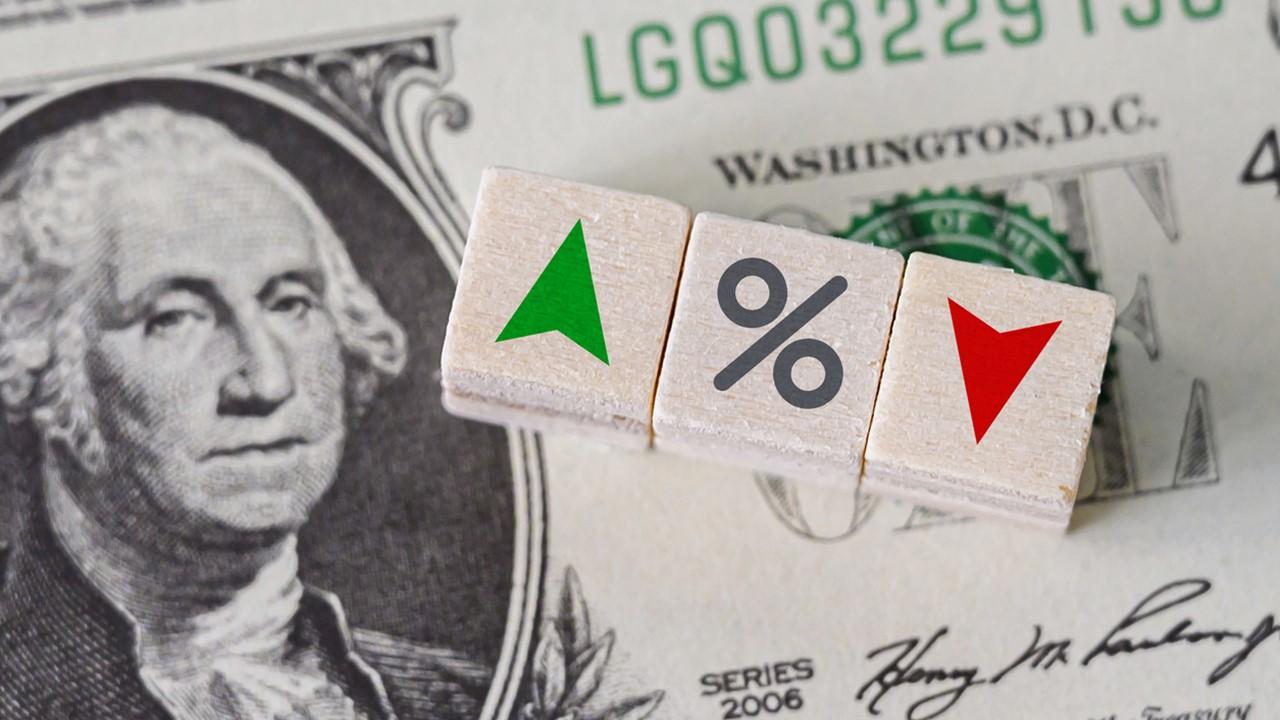Who Pays Capital Gains Tax?
Who pays capital gains tax? How's the tax calculated and what's the difference between short-term and long-term capital gains?
Aug. 28 2020, Updated 2:40 p.m. ET

Anyone who sells items for a substantial profit that isn't part of regular business inventory must pay capital gains tax on the income generated from the sale. When you sell a capital asset like stock shares, a piece of land, a house, precious metals, or antiques and make more money than you paid for it, it's subject to capital gains tax.
What's capital gains tax?
The rate of capital gains tax owed depends on how long you owned the asset before making the sale. The calculation also depends on your tax bracket. The capital gains tax could be as high as 20 percent.
The tax is calculated depending on how much profit you make from the sale of your asset in a given tax year. The capital gains tax in the U.S. is categorized as either short-term or long-term capital gains tax.
What's the short-term capital gains tax?
The short-term capital gains tax is a levy based on profits made from a sale or transfer of a personal asset or investment property held for a year or less. A levy is anything taken by the IRS to satisfy a debt. The short-term capital gains tax is usually taxed as an income tax rate.
What's the long-term capital gains tax?
The long-term capital gains tax is a levy based on the profits you make from the sale or transfer of a personal asset or investment property you held for more than a year.
It's a good idea to figure out how much long-term capital gains tax you will have to pay on an asset before you make a sale.
How to calculate capital gains tax
- Determine the asset's price at the time of purchase, the cost of improvement less depreciation, and any commissions paid.
- Calculate the amount you sold the asset for after any fees associated with the sale.
- Figure out the difference between the two amounts from steps one and two.
- See if you have a capital gain or a capital loss.

Capital tax gains versus capital tax losses
If the amount you received from the sale of an asset is more than what you initially paid for the asset, then it's a capital gain. If the amount you received from the sale of an asset is less than what you initially paid, then it's a capital loss.
The tax rate for your capital gains depends on your income level and filing status. To figure out what tax bracket applies to you, add your capital gain to your income.
If you have a capital loss, you will need to know how to use it to offset capital gains. Start by figuring out your net capital gain, which is the difference between capital gains and capital losses. If you find out that the losses are more than your gains, you will need to deduct the difference on your tax return. Gains and losses can't be adjusted for inflation.
Not all assets are taxed equally

Gains on some types of sales are taxed at different rates. Most assets, except for collectible assets, that qualify for capital gains taxes are levied depending on your tax bracket. Collectible assets are antiques, fine art, precious metals, and coins.
Collectible assets that fall under long-term capital gains are normally taxed at 28 percent, while collectible assets that fall under short-term capital gains are taxed at the taxpayer's top marginal tax rate or the income tax rate.
Paying capital gains tax
If you aren't sure if you have to pay capital gains tax, contact your local tax preparer. It's safe to assume that if you sold stocks, a house, or anything else significant for a profit, your proceeds will likely be subject to taxes.
